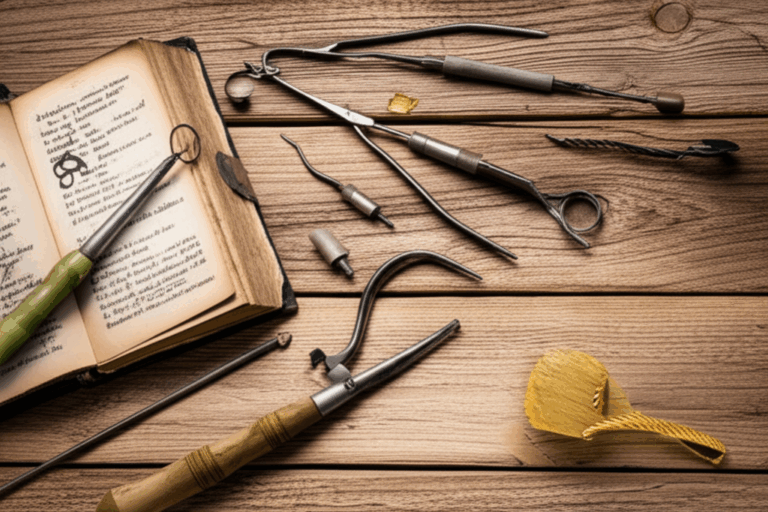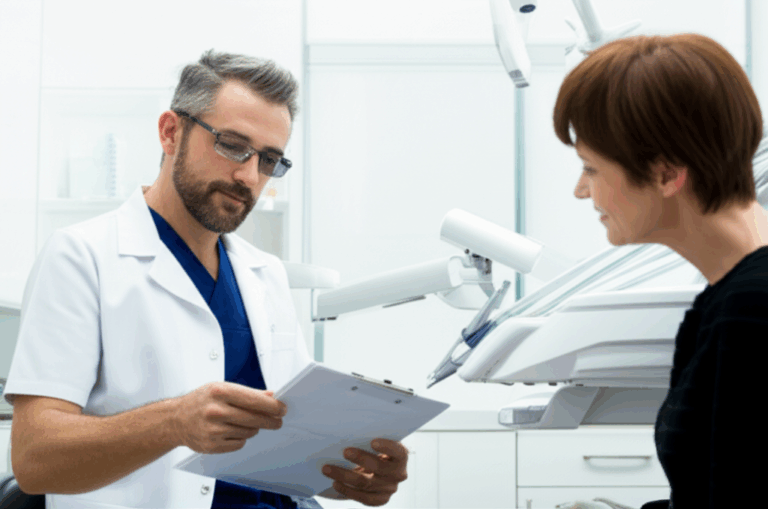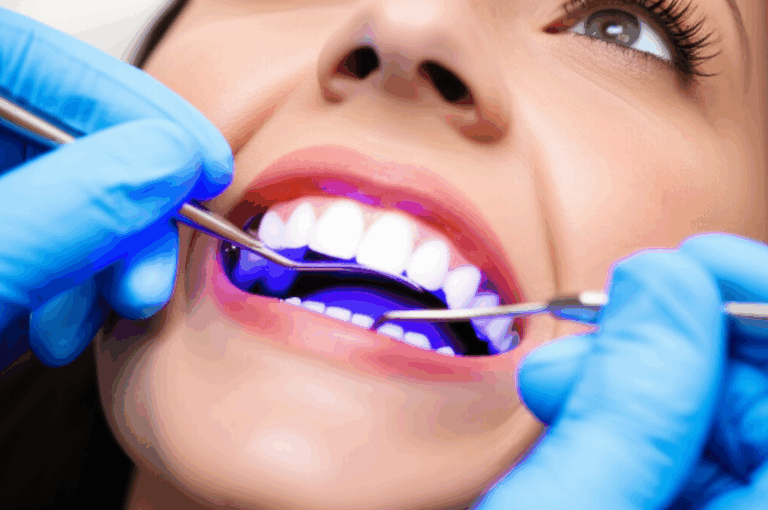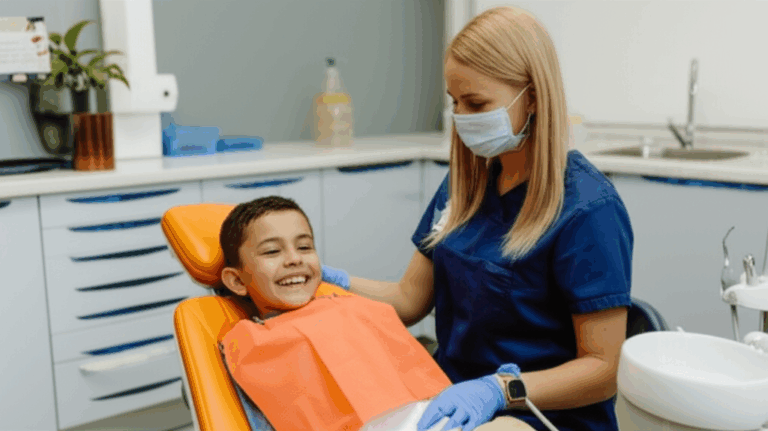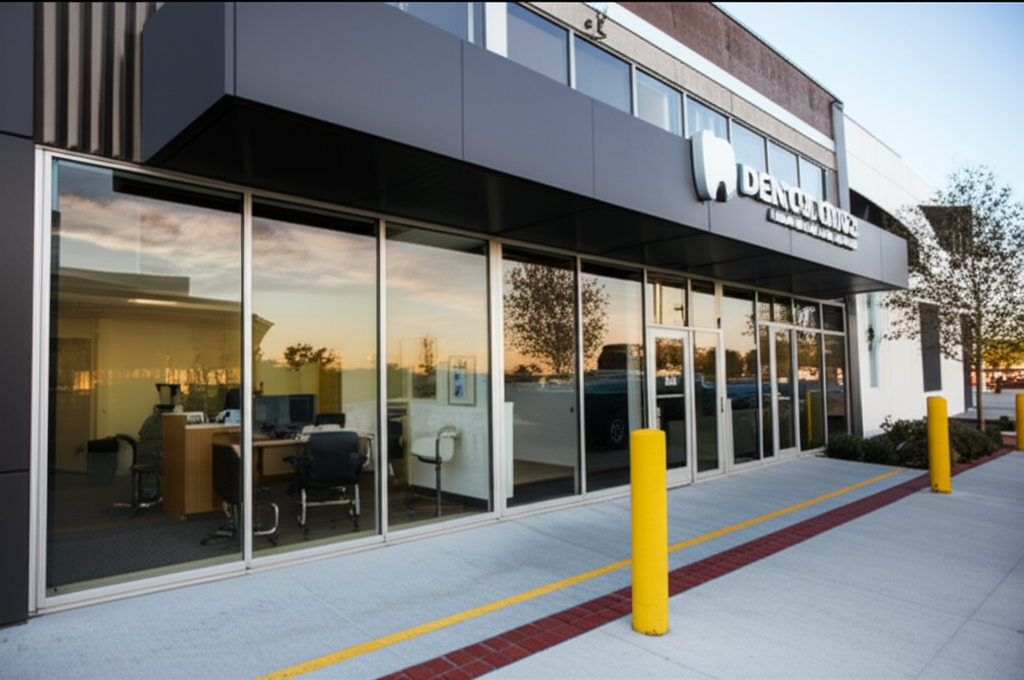
Your Essential Dentist Appointment Checklist: What to Bring for a Smooth Visit
Before you go to the dentist, make sure you have everything you need. If you show up with the right things, your visit will be smoother, you’ll save time, have less stress, and help your dentist help you. No matter if you’re nervous, going with your child, or about to have a big dental procedure, this article tells you what to pack and why it matters.
Table of Contents
1. Why Being Ready for Your Dentist Appointment Matters
Imagine you’re waiting for your appointment, then realize you forgot something important—like your insurance card or your allergy list. Suddenly, you’re worried and in a rush. That kind of stress can make your whole visit harder.
Being ready helps you:
- Save time at the front desk
- Avoid canceling or waiting longer for your appointment
- Get safer, better care
- Feel more relaxed, even if you’re nervous
I remember once I showed up to my dentist, happy I’d flossed that week, but forgot my wallet with my ID and insurance card. I had to fill lots of papers and make phone calls. It was stressful. Now I use a list every time. Trust me—a little getting ready makes a big difference!
2. What Papers Should I Bring to the Dentist?
You might ask, “Can’t they just look me up?” Sometimes, but usually they need to see the real thing, especially for new patients.
Here’s what you should bring:
Photo ID
Bring your driver’s license, school ID, or any card with your photo. This stops mix-ups and it’s sometimes the law.
Dental Insurance Card
Most dentist offices want to see your card every visit, even if you have been there before. If you have two plans, bring both.
Tip: Take a picture of your card on your phone. If you forget the real card, you have a copy.
Medical Insurance Card
Sometimes, your medical plan might get used, like for oral surgery.
New Patient Forms
Fill out forms ahead of time if you can. Many offices let you do them online. Still, bring a pen—sometimes there’s one more form to fill out there.
3. Why Is My Medical and Dental History So Important?
It might seem like your dentist asks a lot of questions. But even a simple cleaning can be risky if you forget to tell them something about your health.
Here’s what info to bring:
- List of medicines and supplements
Bring all your medicines, even vitamins or things you buy without a prescription.
- List of allergies
Make sure to tell them if you’re allergic to anything, like latex, medicine, or foods.
- Health problems
If you have things like diabetes, heart problems, are pregnant, or take blood thinners—let them know.
- Your old dentist’s info
This helps move over your old records or X-rays.
- Referral letter
If another doctor or dentist sent you, don’t forget the note.
- Recent dental X-rays
Bring them if you have them, or ask your last dentist to send them.
Dr. Joe Dental, a dentist, says, “The more your dentist knows about your health, the safer your visit will be.”
4. How Can I Get Ready with Money?
Money talk might not be fun, but it’s important. There’s nothing worse than realizing at the front desk you forgot your payment or you don’t know what your insurance pays for.
Bring your way to pay:
Most dentist offices take cards, checks, and cash. If you have a Health Savings Account (HSA) or a Flexible Spending Account (FSA) card, bring that too. It can save you money on things like cleanings or fillings.
Check your co-pay or cost:
Call the office or look at their website to see what you might need to pay that day.
Double-check your insurance:
See if your treatment is covered, especially big things like implants or braces. If it’s your first time, also bring something with your address—some offices ask for that too.
If you want to learn more about different dental treatments, look at the china dental lab for info on new types of care from around the world.
5. What’s Good to Pack for Comfort?
Let’s be real—most people don’t get excited about the dentist’s chair. So, it helps to bring a few things to stay comfy and happy.
Comfort things:
- Lip balm (your lips can get dry if your mouth is open long)
- Water bottle (grab it before you start your treatment)
- Tissues
- Snacks for after (choose soft food if you’re getting work done)
- Comfy clothes (like sweatpants)
Something to do while you wait:
- Headphones for music or a podcast—noise-canceling is even better
- Book, magazine, or tablet
- Phone charger (sometimes you might be there a while)
Care for yourself:
- Glasses if you wear contacts—you might have to take contacts out
You might also see someone with a stress ball, a fidget toy, or blanket—especially if it’s a kid.
6. What If I’m Nervous About the Dentist?
You’re not the only one. About 36% of people feel nervous at the dentist, and 12% are really scared. But there are ways to help yourself feel better.
Try bringing:
- Headphones (music or a calm podcast can distract you)
- A stress ball or small toy
- Deep breaths—try breathing in and out slowly five times
If you take medicine for worry or use something like oils, ask your dentist before bringing them. Some offices even say you can wear sunglasses to help with bright lights.
If you’re worried, talk to the office before you go. Some have answers for nervous patients—they want you to feel okay.
Dr. Joe Dental says, “Tell us if you’re nervous. We can make things easier, like by letting you take breaks or explaining what’s coming.”
7. Special Tips for Kids’ Dentist Appointments
Is your child going for the first time? Or are they nervous? Going to the dentist doesn’t have to be scary for kids.
Here’s how to help:
- Bring your child’s favorite toy or blanket
- Pack a book, game, or tablet for them
- Bring a snack for after (check with the office if it’s okay)
- Dress them in soft, easy clothes—sometimes cleanings get a little messy
Let your dentist know if your child is shy or scared. The dental team can explain in easy words and let your child ask questions.
If you want to learn about modern braces for kids, try dental lab for retainers for info on choices that help with the switch from baby teeth.
8. How Should I Prepare for Dental Surgery or Sedation?
Not all dentist visits are just cleanings. Sometimes you need something like a tooth taken out or a special treatment that makes you sleepy. For these visits, being ready is even more important.
First, check any papers or phone calls from your dentist before your visit. Often, you need to not eat or drink for a few hours.
Always bring:
- A grownup who can drive you home (if you’re getting medicine to make you sleepy, you cannot drive)
- Emergency contact numbers
- Any dental things you use, like a night guard
Pack for after:
- Soft foods (like yogurt or applesauce)
- An ice pack
- Tissues (in case you bleed a little)
- Pain medicine if your dentist gave you some
If you got a crown or dental implant, ask how to care for it. For more info, see a crown and bridge lab for tips to look after new dental work.
9. What If I’m Seeing a Specialist?
Maybe you’re getting braces, need a root canal, or want an implant. Specialists need more details than a regular dentist.
Bring these things:
- Referral note from your dentist or doctor
- All your latest X-rays and records (call to check if they already have them)
- A notebook and pen, to write down answers to your questions
If you want to learn about things like Invisalign or braces, you can learn more from a digital dental lab, which explains new ways of doing these treatments.
10. What Questions Should I Ask My Dentist?
Sometimes the visit is quick and you forget what you wanted to say. Writing your questions ahead of time helps you get answers.
Here’s what you might ask:
- What can I do at home to keep my mouth healthy?
- How much will this cost? What does insurance pay for?
- Why do I need this treatment? Are there choices?
- How long will it take? Do I need a ride home?
- What care will I need after?
- Are there any side effects or risks?
Don’t be afraid to ask. Dentists want you to feel calm and know what’s going on.
11. Frequently Asked Questions
Q: Should I bring my toothbrush and floss to show the dentist?
A: You don’t need to, unless they ask. But do be ready to talk about what you use and how often.
Q: Do I need my child’s vaccine papers?
A: You usually don’t, unless the office says so.
Q: What if I don’t have dental insurance?
A: You can still get care. Just bring money or ask what to do if you pay yourself.
Q: My appointment is after school. Should I pack food?
A: If your treatment is simple, yes! But after some things (like having a tooth pulled), the dentist will tell you what you can eat.
12. The Top Things to Remember
- Make a checklist before you go
- Bring photo ID, insurance cards, and a way to pay
- Write down your health problems, medicines, and allergies
- Bring things for comfort and something to do if you’re nervous
- Be extra ready for surgeries or braces visits
- For kids, pack comfort items and snacks
- Ask questions and take notes at your visit
- Talk to the dental staff if you’re worried or need help
- A few minutes of planning can make your visit so much better!
References
If you want to read more about dental visits, patient care, or keeping your smile healthy, check out this practical guide for more advice.
Summary Table: What to Bring
| Category | Items to Pack |
|---|---|
| Identification | Photo ID, Insurance Card (Dental/Medical), Proof of Address |
| Financial | Payment Method, HSA/FSA Card, Co-Pay Info |
| Medical & Dental History | Medicine List, Allergy List, Health Problems, X-Rays, Referral Note |
| Comfort | Lip Balm, Water Bottle, Tissues, Comfy Clothes, Snacks |
| Distraction/Entertainment | Headphones, Book/Tablet, Phone Charger |
| Special Needs | Driver (for sedation), Recovery Things, Night Guard/Retainer |
| For Kids | Favorite Toy/Blanket, Distraction Item, Snacks |
If you follow this checklist, you’re not just getting ready for your appointment—you’re taking charge of your health and comfort. I hope your next trip to the dentist is your easiest one yet!

